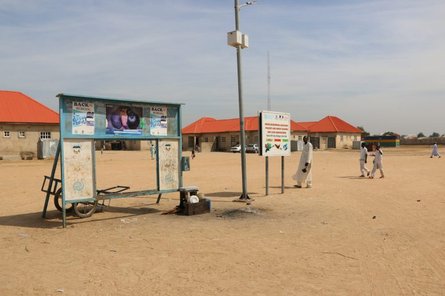
Five years ago, the Grand Bargain’s Participation Revolution vowed to reform the humanitarian sector to better listen to people affected by crises. Today, lots is still ongoing to make humanitarian organizations more accountable to the people they aim to serve and respond to their feedback. The outgoing Emergency Relief Coordinator’s new proposal for an Independent Commission for Voices in Crises is the latest of several such initiatives. Across the sector, listening to people’s voices and including them in humanitarian decision making are acknowledged as essential. With a proliferation of tools like hotlines and other accountability-focused activities, never before have people had so many opportunities for making their voices heard. Yet too often, these opportunities don’t materialize and humanitarians remain heavily in control of making decisions, independent of people’s needs and priorities.
There are systemic weaknesses in our sector’s approach to accountability, rendering whole groups voiceless within the system, simply because their voices are in another language. As the humanitarian sector deliberates on a future Grand Bargain, we must base all accountability efforts on lessons about listening to crisis-affected people in their languages.
This blog post highlights the link between language and accountability for the future of the Grand Bargain. Discover it in full here.
